Colombia
52.3
Population 2023 (Millions)
0.8
HDI Score
2022 (Max. 1)
70.3
SDG Score
2023
(Max. 100)
0.4
Gender Inequality
Index Score
(Max. 1)
48
Internet Inclusivity
Index 2022
(100 countries)
Overview
Projects
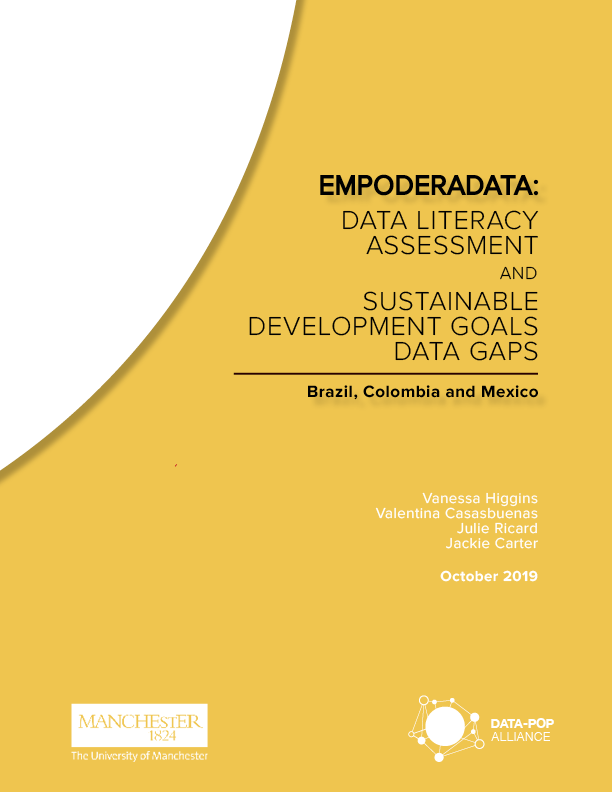
- Partner(s): University of Manchester (Funder)
EmpoderaData built upon the success of the “Quantitative Step” (Q-Step) program, which was developed as a strategic response to the shortage of quantitatively-skilled social science graduates in the United Kingdom. Together, University of Manchester and Data-Pop Alliance expanded upon the program’s excellent results, exploring this model in the Global South (specifically in Mexico, Brazil and Colombia) as the “EmpoderaData Project”. This initiative aimed to promote a virtuous cycle of social transformation by fostering data literacy skills applied to addressing our society’s most pressing issues within the framework of the Sustainable Development Goals (SDGs).
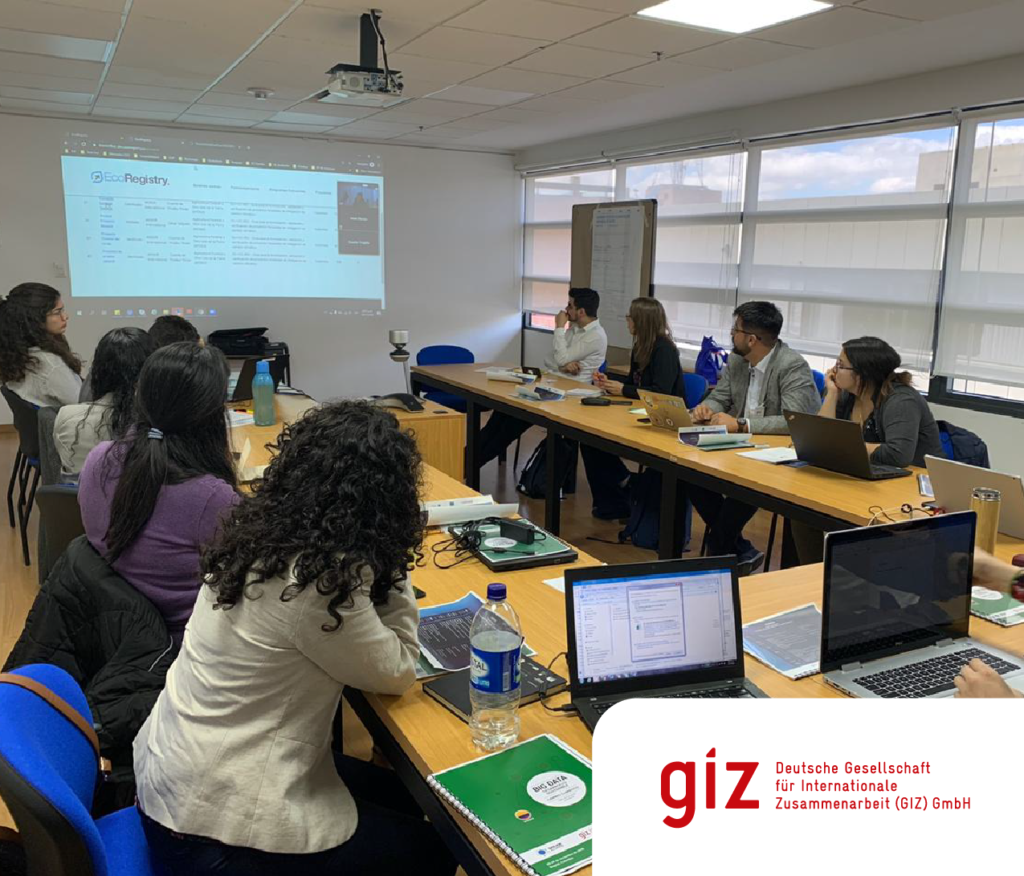
- Partner(s): GIZ (Funder), GIZ Colombia
This series of workshops organized by Data-Pop Alliance, in coordination with GIZ and GIZ Colombia, addressed key terms, necessary tools, and challenges in the Big Data and sustainable development landscape, focusing on the applicability of these information sources in projects related to climate change adaptation and mitigation. This in-person workshop provided an introduction to the “3 C’s of Big Data” as a basis for the development of a Project Lab, enabling participants to incorporate new sources of information in the development of climate change projects.

- Partner(s): Citizens Crime Comission, Fondazione Bruno Kessler, Harvard Humanitarian Initiative, Inter-American Development Bank (Funder), MIT Media Lab
Increasingly, data and information are being promoted as powerful tools to understand and prevent crime and violence. However, there are key questions that remain largely unanswered: Why is crime clustering in certain neighborhoods? Why do certain individuals turn to crime while others do not?
Ciudata Segura, leveraging sophisticated analyses of urban crime and violence in cities across Latin America and the Caribbean, has examined the local determinants of crime and the role of impunity and social networks in driving criminal behavior. This analysis involves collecting and analyzing both official and non-official data sources to produce public policy recommendations and action plans.
Funded by the Inter-American Development Bank (IDB) and developed in collaboration with the Harvard Humanitarian Initiative (HHI), Fundazione Bruno Kessler (FBK), the MIT Media Lab, and the Citizens Crime Commission, the project began in 2017. It has resulted in close coordination with local governments and stakeholders, and led to the creation of roadmaps, data audits, and capability assessments to determine further interventions. Additionally, the project has produced research instruments for analysis, including a series of surveys and the creation of a visualization tool.
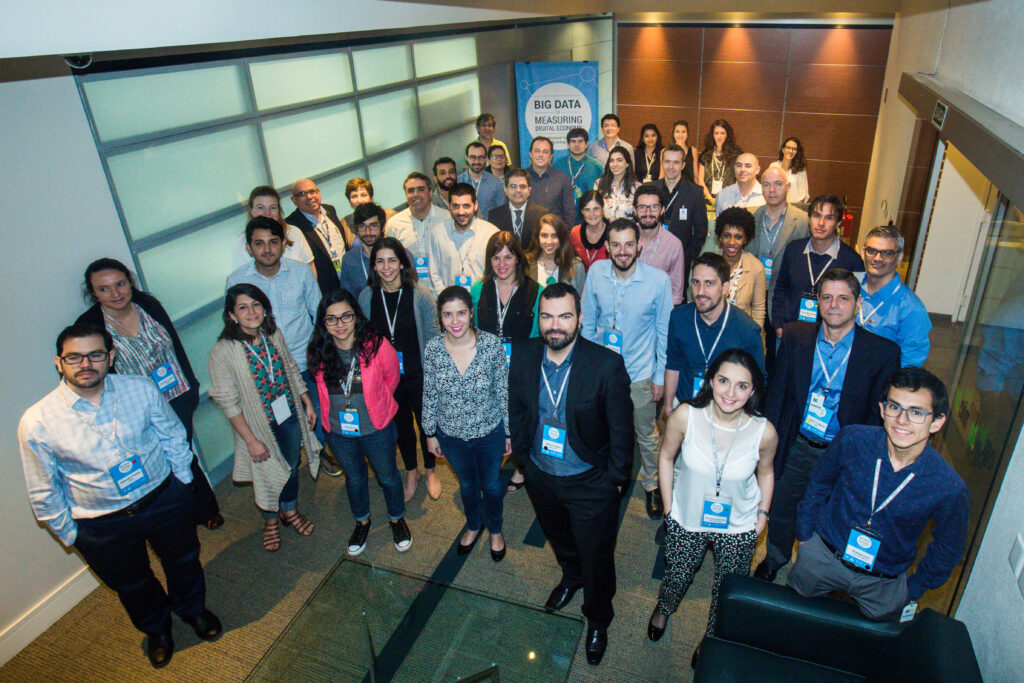
- Partner(s): Cetic.br, DANE, Mexico's National Digital Strategy Program, MIT Sloan School of Management, United Nations Economic Commission for Latin America and the Caribbean (ECLAC) (Funder)
In partnership with the United Nations Economic Commission for Latin America and the Caribbean (ECLAC), DPA offered a series of workshops focused on “Big Data and the Digital Economy” in the Latin American and Caribbean region. These workshops were designed for development practitioners, policymakers, and researchers. Five editions were delivered in: Santiago de Chile (March 2016), São Paulo (September 2017) —in partnership with Cetic.br—, Mexico City (October 2017) —in collaboration with the National Digital Strategy (EDN) program and the MIT Sloan School of Management—, Santo Domingo (April 2019), and Bogotá (May 2019) —in partnership with DANE.
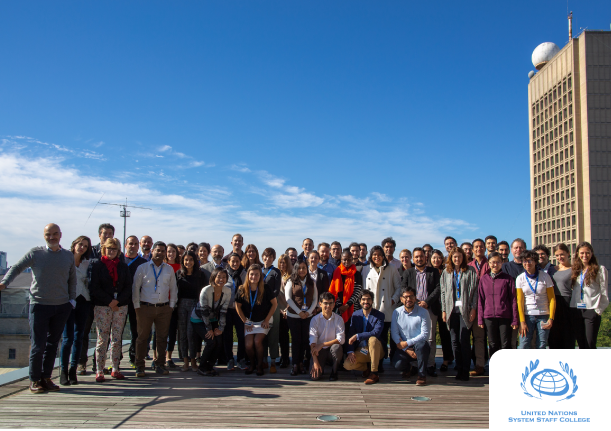
- Partner(s): Hewlett Foundation (Funder), MIT Media Lab, UN System in Tunisia, United Nations System Staff College (UNSSC)
Carried out in partnership with United Nations System Staff College (UNSSC), this series of courses aimed to help practitioners and policymakers develop and implement Big Data innovation projects, policies, and partnerships in support of sustainable development objectives. The content was structured into three main modules: contexts and concepts; methods and tools; and strategy and conception/ethics and engagement. The workshops were delivered in Cambridge at MIT (June 2016), Bogotá (December 2016), Nairobi (June 2017), Dakar (March 2018), Bangkok (March 2018), and the MIT Media Lab (October 2018). The same workshop was also conducted in Tunisia (April 2019) with support from UN Tunisie.
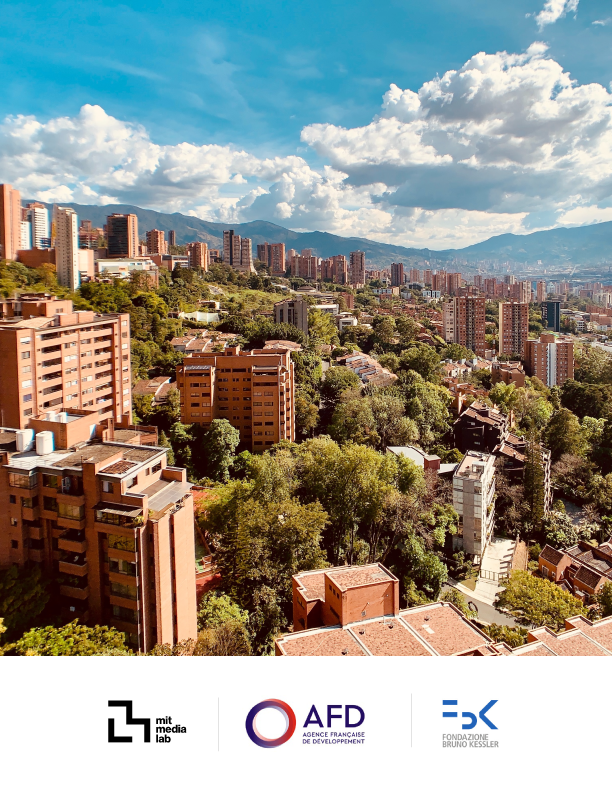
- Partner(s): Agence Française de Développement - AFD (Funder), Cloud to Street, Flowminder, Harvard Humanitarian Initiative, MIT Media Lab, Overseas Development Institute
Four research papers were developed in collaboration with and funded by the French Development Agency (AFD) between 2016 and 2019 as part of a joint program with Data-Pop Alliance and research partners, titled “Strengthening the Evidence-Base for Leveraging Big Data to Address Global Development Challenges”. This paper, “Characterizing and Analyzing Urban Dynamics in Bogota”, utilized open data and mobile phone records to identify physical characteristics and socioeconomic conditions in the city which have an impact on crime proliferation. The results indicated that urban diversity and natural surveillance theories play a significant role in the proliferation of crime, and this knowledge can be exploited in urban planning to prevent crime. Key research partners included Fundazione Bruno Kessler (FBK) and the MIT Media Lab.
